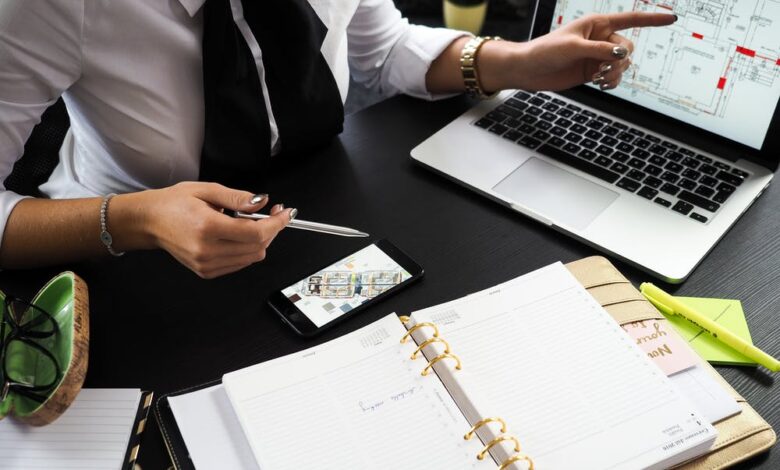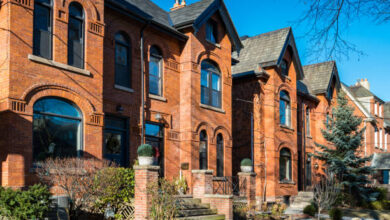Raising Money For Your Next Real Estate Purchase

Buying a property is not a cheap thing to do. For most people, whatever property they own is their most expensive asset, but that can also mean that it’s their most valuable one – in other words, it can help make them a profit, whether they decide to rent it out, fix it up and sell it on, or stay in it and sell it at a much later date.
The issue that many people face, unfortunately, is that buying a property can be difficult. Raising enough money for a down payment can be tough, especially when they are renting and most of their money is paid to their landlord. However, even those who have bought and sold many properties in the past – professional property investors, in other words – can have problems raising the cash they need to buy their next piece of real estate. This article highlights some ideas that might help.
Are You Selling A Property?
The first question to answer is whether you’re selling a property in order to buy the next one. If you are, this is where the majority of the funds for your new home or investment will come from, or at least the down payment. The key is to ensure you have enough equity in the property. Equity is the difference between what the property is worth, and the amount left to pay on your mortgage. If you have a large enough percentage of equity, this can be your down payment, helping you to move on quickly.
Assuming you are going to use equity to help finance your next purchase, you’ll need to do what you can to ensure it is as high as possible. This means looking around your current property and making any repairs and upgrades or updates that you can. Although this might take time and cost money, it’s the best way to maximize your profit.
Borrowing Money
Most of the time, the equity in your current property won’t be enough to cover the entire cost of the new one. Therefore, it’s likely you’ll need to borrow money to cover the bulk of the property cost. This is your mortgage, and it comes with a variety of different caveats.
If this is difficult, you might consider buying a distressed property. These are properties that are just about to foreclose, and they can be bought for a much cheaper price than on the open market. Your mortgage won’t have to be so large, although there will still be checks, and you may need to look at specialist distressed property loans to ensure you have the right structure in place. However, this can be a real money saver if you are struggling to buy a home.
Save Money
It makes no difference whether you plan to pay in cash for your property or you know you’ll need a mortgage; you’re still going to have to save money for the down payment at the very least.
To do this, you’ll need to budget your everyday life. Make sure you only pay a certain amount for groceries and cut out any unnecessary expenditure. Anything you were tempted to spend could be put into a savings account instead, and you’ll be surprised at how quickly it builds up.




